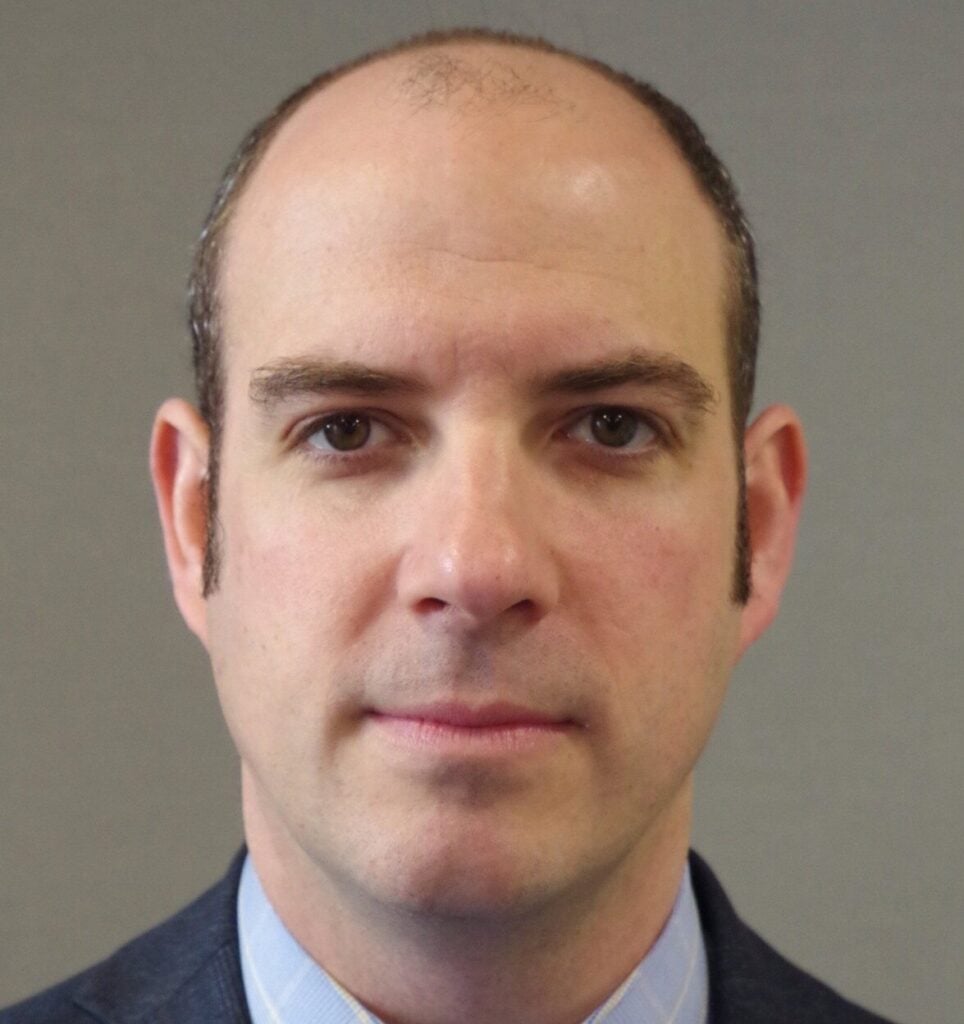
Towards a National Care Service: insights from the Westminster launch of SCIE’s new report
13 Feb 2026
How are the changes to the Mental Health Act 2025 landing, and how can SCIE support?
By Gerard Crofton–Martin, SCIE incoming Interim Chief Executive Officer and Director of Transformation and Improvement
